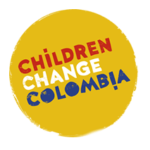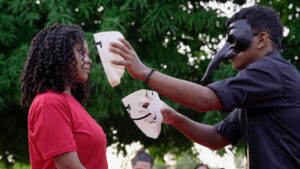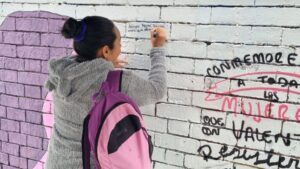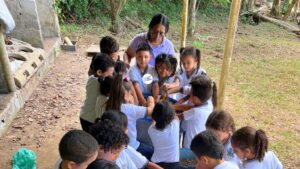Imagine someone entering your house without permission, moving your things, opening your refrigerator, or changing the music without asking. Uncomfortable, right? Now imagine the same thing happening to your body: someone touching it without your permission, getting too close, demanding affection, or making fun of you if you don’t want to do something. This is where a powerful phrase comes in, which you should get engraved as an emotional tattoo:“My body, my rules”.
You have the right to decide about your body. You have the right to say NO. And no one, absolutely no one, has the right to force, manipulate, or pressure you into doing something you don’t want to do.
This blog is for you, ages 12 to 17, who are growing, questioning, learning, and who need tools to defend what you have most valuable: your integrity, your dignity, and your voice. Let’s talk about consent, the bodily autonomy and how to detect situations of abuse and handling, without fear, without taboos, and with the clarity you deserve
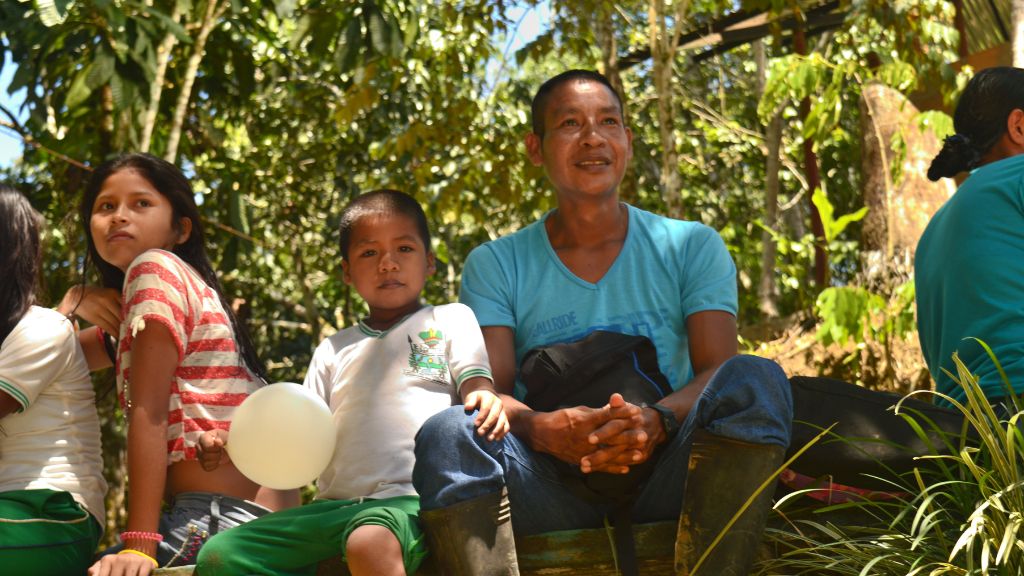
Consent: your "yes" counts, but your "no" counts just as much or more.
Consent! It means freely, clearly, and without pressure accepting what someone else proposes to you, especially if it involves your body, your emotions, or your personal space.
There are no half measures. There’s no need to read between the lines. It’s either yes or no.
- “Yes” is a clear, enthusiastic agreement, without fear or guilt.
- “No” is a sufficient, valid and final decision.
Did you know that in Colombia, any act of physical contact with sexual intent without consent is a crime? This is what the Penal Code establishes, and it doesn’t matter if you’re 8, 13, or 17 years old. If you didn’t give your consent, it’s abuse. And it must be reported.
So remember:
- Consent is not staying silent out of fear.
- Consenting is not giving in because they tell you it is a proof of love.
- Consent is not letting someone touch you because they are older or have power over you.
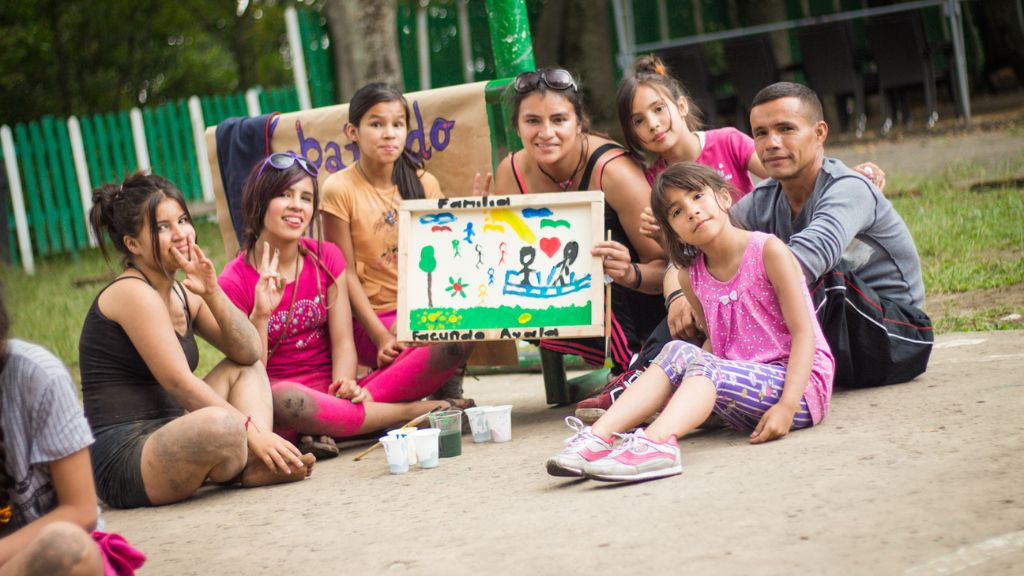
Bodily autonomy: the right to decide about your body without asking permission
Bodily autonomy is the principle that recognizes you as the absolute owner of your body. No one can make decisions about it except you. This applies to things as simple as:
- Choose if you want a hug.
- Deciding what to wear without being judged.
- Refuse to participate in uncomfortable physical activities at school.
- Refuse to have your cell phone searched without your permission (yes, that’s a valid boundary too).
And also in more complex decisions such as sexual and reproductive health. Since the age of 14, the Constitutional Court has recognized your right to receive clear information and to actively participate in medical decisions related to your body.
How to recognize situations of abuse or manipulation?
Abuse doesn’t always scream. Sometimes it disguises itself as “affection,” a “joke,” or a “family custom.” Therefore, we must pay close attention to signs such as:
- Comments about your body that make you feel uncomfortable.
- Hugs or touches that you did not ask for or approve of.
- People who get angry if you don’t accept a physical gesture.
- They emotionally blackmail you: “If you love me, do it.”
- They isolate you from those who could help you or forbid you from telling what is happening.
These actions can also be part of sexual or psychological violence. And although it may seem exaggerated, it is not. In Colombia, the Colombian Institute of Family Welfare (ICBF) reported that more than 14,000 children and adolescents were victims of sexual violence in 2023. Most of them knew their abuser. This shows us that abuse isn’t always where you might expect.
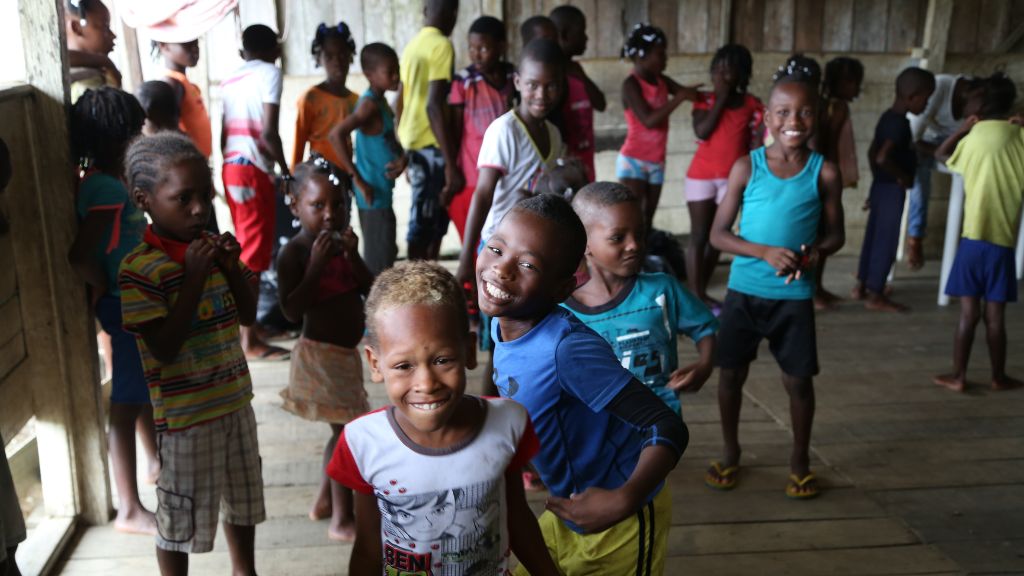
Phrases to keep in mind
Saying NO can be scary, especially if you’re in front of someone older or in authority. But there are firm and clear ways to express yourself. Here are a few you can use:
- "I don't want you to hug me, I feel uncomfortable."
- "That's not right, I don't allow it."
- "This is my body, and I don't accept you touching it."
- "I don't find it funny, it makes me feel bad."
- "You have no right to talk to me like that."
Practice these phrases in front of the mirror. Write them down. Use them. Because every time you do, you strengthen your power and confidence.
What if it already happened? What if someone crossed the line?
First: It’s not your fault. Never. It doesn’t matter what you were dressed like, if you trusted someone, if you didn’t react immediately. No one has the right to hurt you.
Second: You are not alone. There are people and routes to support you:
- Talk to someone you trust: a family member, a teacher, the school counselor.
- Call ICBF line 141.
- Use the app “I Protect You”.
- Go to a Family Police Station or file a complaint with the Prosecutor’s Office.
And if you don’t know where to start, just do one thing: tell someone. Talking is the first step to being believed and getting help.
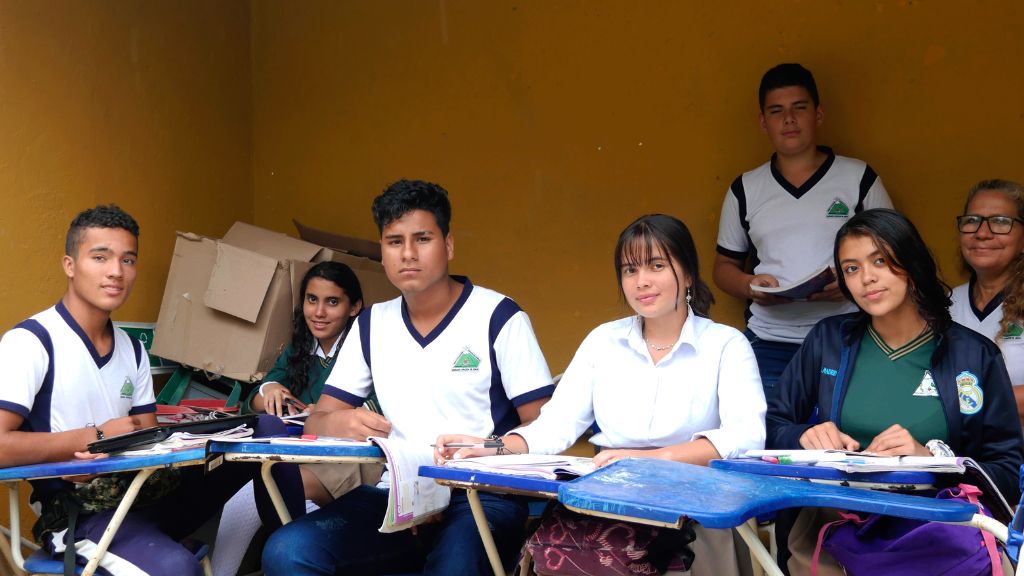
To close: Saying NO is also saying YES to you
Did you know that saying NO isn’t just a word? It’s a sign, a line, a powerful affirmation that you too have rights. And one of the most important is that No one can force you to do something you don’t want to do.
Sometimes adults believe that because you’re a boy or a girl, you can’t decide, or that your “no” doesn’t count. But that’s not true. In Colombia, the law recognizes that children have the right to their physical, emotional and mental integrity, and that means your voice must be heard and respected.
When you say NO:
- You are taking care of your body.
- You are protecting your emotions.
- You are educating others about your limits.
And you don’t have to be a grown-up to do it well. The important thing is to learn to identify when something doesn’t suit you or makes you feel insecure. And when you feel it, don’t be afraid to say it.
You should also know that you are not alone. There are teachers, counselors, moms, dads, caregivers, phone lines, and people ready to help you if someone doesn’t respect your “no.” What you’re going through is important, and you don’t have to carry it alone. Talking is also a way to take care of yourself.
So you never forget, repeat it loudly:
- My body doesn't belong to anyone else.
- My NO is important.
- My emotions count.
- I have the right to live without fear.
- I have the right to be respected.
When I say NO, I am saying YES to myself.
YES to respect.
YES to care.
YES to growing in freedom.
YES to building a world where children are heard.
Your rules matter. And that, believe me, no one can take away from you.
Written by : Juan Pablo Manjarres Varón – Teacher, Law student, and Certified Teaching Professional. Columnist and volunteer at Children Change Colombia, committed to the rights of children and adolescents and to strengthening education.
This blog post is a guest contribution. The views, thoughts, and opinions expressed in this article are those of the author and do not necessarily reflect the official position or policies of Children Change Colombia.
